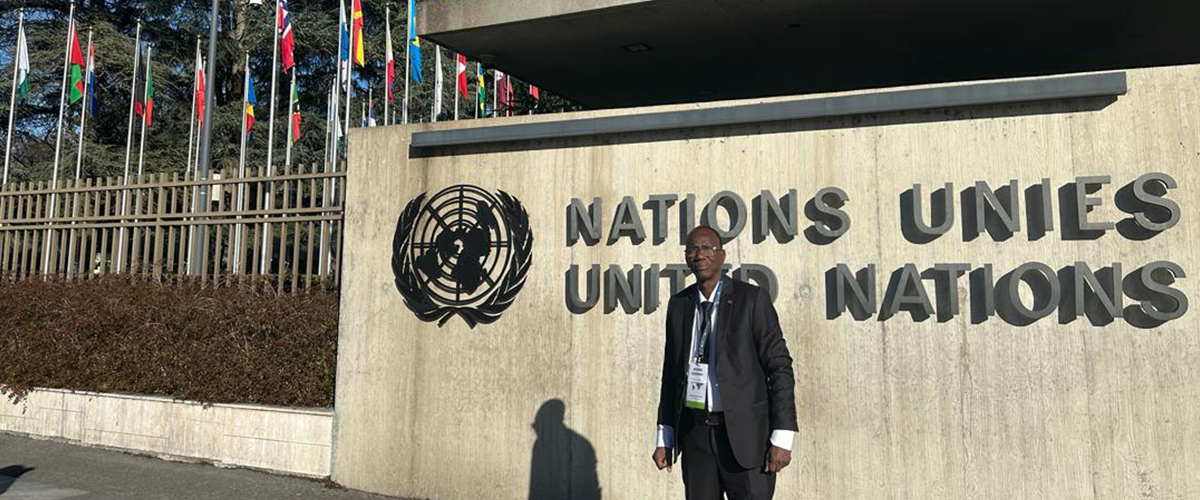The Work of Regions to Manage Displaced Persons

The UN Special Rapporteur report on human rights of internally displaced persons has already been published, and it will be officially presented in the UN General Assembly on October 21st. This document, drafted by Paula Gaviria Betancur, rapporteur, highlights that the reintegration must be recognised as a right, which is just as fundamental as the return, and that it must be tackled from tangible dimensions - housing, services, documentation - as well as from intangible aspects such as mental health, identity and social cohesion.
This report holds a special meaning for regional African governments. Throughout its elaboration process, on the 5th of June, a consultation was organised between the Special Rapporteur and regional presidents from different continents. On that occasion Abdoulaye Maïga, President of the Mali Regions Association and President of Mopti Regional Council, intervened, making his contribution decisive for the final text to formally acknowledge the role of regional governments in the search for durable solutions to displacement. His contributions achieved that regions could be seen as key actors for international policies on internal displacement.
The report insists that regional governments shall be considered strategic partners, with clear competencies, enough resources and a formal role in national coordination mechanisms. In addition, it emphasises that multilevel governance is essential to avoid responsibility fragmentation and to guarantee policy effectiveness. Thus, it is emphasised that land ownership security, forced eviction prevention and social housing access are the pillars of a sustainable reintegration.
The text also calls local and regional governments to exercise an active role in the promotion of social cohesion and in the creation of economic opportunities for displaced and host populations. Employment programs, professional training, entrepreneurial support, and community actions based on art and culture are identified as effective tools to reduce stigmatisation and strengthen collective resilience.
Finally, the Rapporteur insists that the intangible aspects - wellbeing, identity, sense of belonging and mental health - must be integrated in every reintegration policies. Ignoring them, she warns, would put at risk both the stability and the sustainability of the proposed solutions.
The publication of this report marks a step forward in the recognising of regional governments in the multilevel governance on internal displacement. For leaders such as the President of the Mali Regions Association and the Mopti Regional Council, it constitutes as well the confirmation that regional voices are being listened to in big international forums, and that its role is essential in the construction of durable solutions.
In this context, the report can become a valuable working document for the 1st Forum of Regions on Migratory Processes, that ORU will organise from the 1st to the 3rd of December in Dakar. One of the sessions of this encounter will be specifically dedicated to debating about the role of regional governments in the management of displaced people, which makes the recent UN report an unavoidable reference to orient the debate and strengthen the position of regions in this area.










































































